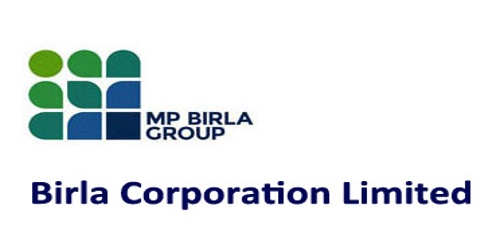Job analysis helps to prepare sound human resource practice and policies. This is usually done with the help of preparing a set of questions for assessing the skills needed for the job. It is the procedure for determining the duties and skill requirements of a job and the kind of person who should be hired for it.
Because job analysis provides a deeper understanding of the behavioral requirements of the job, it plays a vital role in the defense of employment practices. Following are the main importance and uses of job analysis:
- HR Planning
Job analysis provides useful information for human resource planning. It is the job analysis which helps in kind of job, qualification required and what an average person can do a job in a day. It is the foundation for forecasting demand for and supply of human resources in an organization. It is also necessary for preparing HR inventory and HR information system in the organization. Thus it helps in the division of work which is an essential element of the human resource planning.
- Recruitment and Selection
Job analysis provides necessary information for conducting recruitment and selection of employees in the organization. To make an employment programme successful it is necessary to have a complete knowledge of job description (requirement of job) and job specification (requirement of job holder). Both of them help in the effective execution of the employment programme.
- Training and Development
The purpose of training and development is to help the employees in gaining the skill required for doing the job. Up-to-date description and specification statements help to ensure the requirement of training and development needs in the organization. By comparing knowledge and skill of current employees with the expected level of performance, the need for training and development requirement can be assessed. This helps in making the content of training and development effective.
- Compensation Management
Job analysis provides necessary information for managing compensation of employees. By indicating the qualifications required for doing a specified job and the risks and hazards involved in its performance, it helps in salary and wage administration. It helps to rank the job in order to determine pay surveys. Hence, it helps in compensation decisions.
- Performance Appraisal
To check the performance of the employees the actual work done by the employees is compared with the set standards. Job analysis helps to appraise the performance of employees by providing clear-cut standards of performance for each job. It compares each employee’s actual performance with the predetermined standards.
- Information of Duties
Job analysis provides valuable information regarding the duties and responsibilities of an incumbent through job description statement. It also provides the content and skill requirement of each job.
- Health and Safety
In course of job analysis, certain unsafe environmental and operational conditions or personal habits are discovered and thus, that may lead to safety improvements. It helps in making proper measures to identify the unhealthy environment so corrective measures can be taken to ensure proper safety and avoid unhealthy conditions.
- Job Re-engineering
Job analysis provides valuable information data relating to the content and skill requirement of jobs which help to bring about improvements in the engineering design of jobs. It provides information which enables the management to change jobs in order to permit their being manned by personnel with specific characteristics and qualifications.
Employee Counseling
Vocational guidance and rehabilitation counseling is possible through comprehensive job description and specification statements.
Information Source:
















